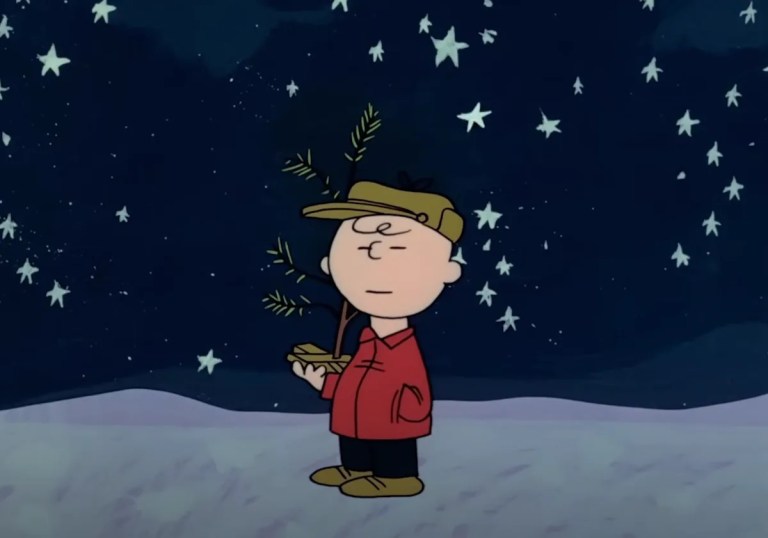Back in 1985, three sixth-grade girls from Des Plaines were introduced to “The Breakfast Club.”
It would not only highlight their hometown, where it was filmed, but leave an indelible mark on their lives as a generation-defining film.
Forty years later, thanks to Facebook, the friends reconvened to see the original cast, who were experiencing their own reunion at the 16th Chicago Comic & Entertainment Expo (C2E2) on Saturday.
“It’s just been a part of my life,” Candace Ward, 51, said of the movie. “Every time I see it, it reminds me of being 12 years old.”
That nostalgia was felt not only by Ward and her pals, Dawn Chana and Cherie Stone, but a packed room of fans at McCormick Place. They laughed, applauded and cheered during a panel featuring Anthony Michael Hall, Ally Sheedy, Molly Ringwald, Emilio Estèvez and Judd Nelson. Together for the first time in decades, the actors reminisced, honored their late director, John Hughes, and expressed gratitude for the film’s enduring legacy and impact on their lives.
“You never know what a movie is going to turn out to be,” Estèvez said. “But this is one of the movies that stands the test of time. It is an extraordinary thing, but it’s never by design. It’s always by accident. We were lucky enough to be at the right place at the right time to be involved in something like that.”
Until now, Estèvez has been a holdout during gatherings, according to his castmates.
“I skipped all of my high school reunions,” Estèvez joked. “This was something that, finally, I felt I needed to do for myself. It’s here in Chicago and it’s the 40th anniversary, and it just felt like it was time.”
The actors shared a wealth of funny memories, including their first read-through of the script, which was followed by a screening of the first cut of Hughes’ film, “Sixteen Candles.” But Estèvez struggled to stay awake, as he’d had his wisdom teeth extracted the night before.
“I don’t think I made it through the opening credits,” he said. “I passed out from the pain pills. I woke up at the end credits and I looked at Judd and Judd said, ‘I think you’re getting fired.’”
Filming six days a week, the cast had limited time to unwind, Nelson recalled.
“On Saturday nights, Emilio and I would drive into Chicago,” Nelson said. “We could not find a single place on Division or Rush Streets that would let in a guy wearing sneakers and a guy wearing motorcycle boots. We found one place called the Jazz Bulls, which no longer exists. It was the greatest place in the world. They let us in. They didn’t care. And so we enjoyed Chicago, three hours, once a week.”
The actors also mentioned going to the Kingston Mines nightclub, record stores and even a Prince concert.
There were also wardrobe stories. Nelson wore the same clothes from his audition in the film, while Ringwald scrapped her outfit before shooting and shopped for new duds in Chicago.
Ringwald also talked about improvising the pot-smoking scene, which Hughes showed to her mother.
“He loved the work that I did there so much that he took my mom into the room where they have the dailies,” she said. “My mom was sitting there watching her daughter pretend like she was high for like 20 minutes.”
The cast praised Hughes as a great collaborator.
“Hughes meant it when he said he wanted us to participate in the process of making this movie,” Nelson said. “He liked us.”
Anthony Michael Hall championed the inspirational message of the film.
“I just think that the takeaway from the film for me is this idea of commonality, that we’re more alike than we’re different,” he said. “And I think that’s really powerful. When people watch it, it’s almost like unconscious group therapy. They see themselves. That it continues to find a new generation is a testament to John’s work and his writing.”









